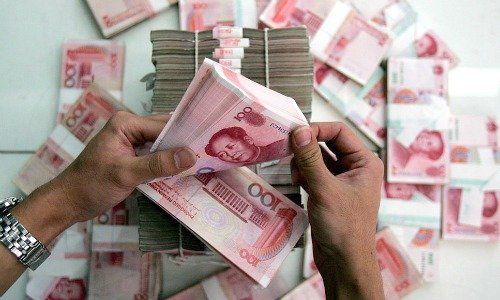China Set to Tax Asset Managers
After more than a year of extensive negotiations, China's tax authority announced it will levy a value-added tax or returns on assets under management next year.
The State Administration of Taxation announced that 3 percent value added tax (VAT) will be levied on asset management firms from January 1, 2018, replacing the 6 percent rate initially proposed.
Aside from the reduction in the rate, the tax authorities also gave a six-month reprieve to the asset managers since the tax was expected to take effect on July 1.
The new tax regime will benefit millions of mainland investors, such as mutual fund buyers, who had a combined $14.7 trillion of capital managed by the institutions.
Positive Result
An official at the Asset Management Association of China, a government-backed consortium of financial institutions, said that the rate was the best result that the organisation could achieve after numerous rounds of discussions with the state tax administration.
It is believed that the VAT tax will eventually be passed onto investors, dragging down their investment return.
A Chinese First Other to Follow
Beijing implemented a groundbreaking VAT reform in May 2016, requiring all service firms to pay VAT tax based on the value they add to finished products or services, instead of sales tax based on total sales.
China is amongst the first countries in the world to have a VAT applied broadly to the finance industry, including the transfer, issuance and redemption of financial products.


























